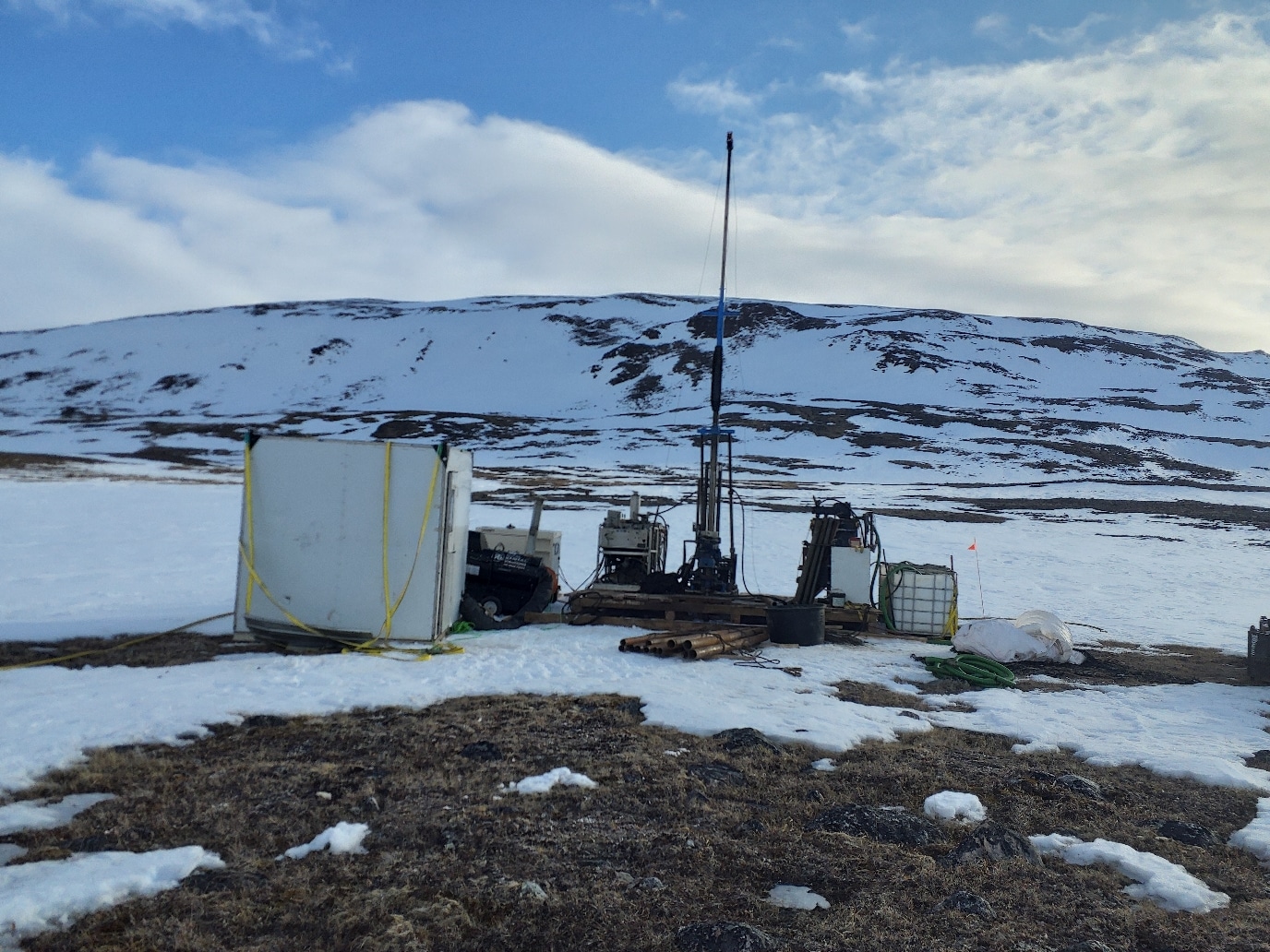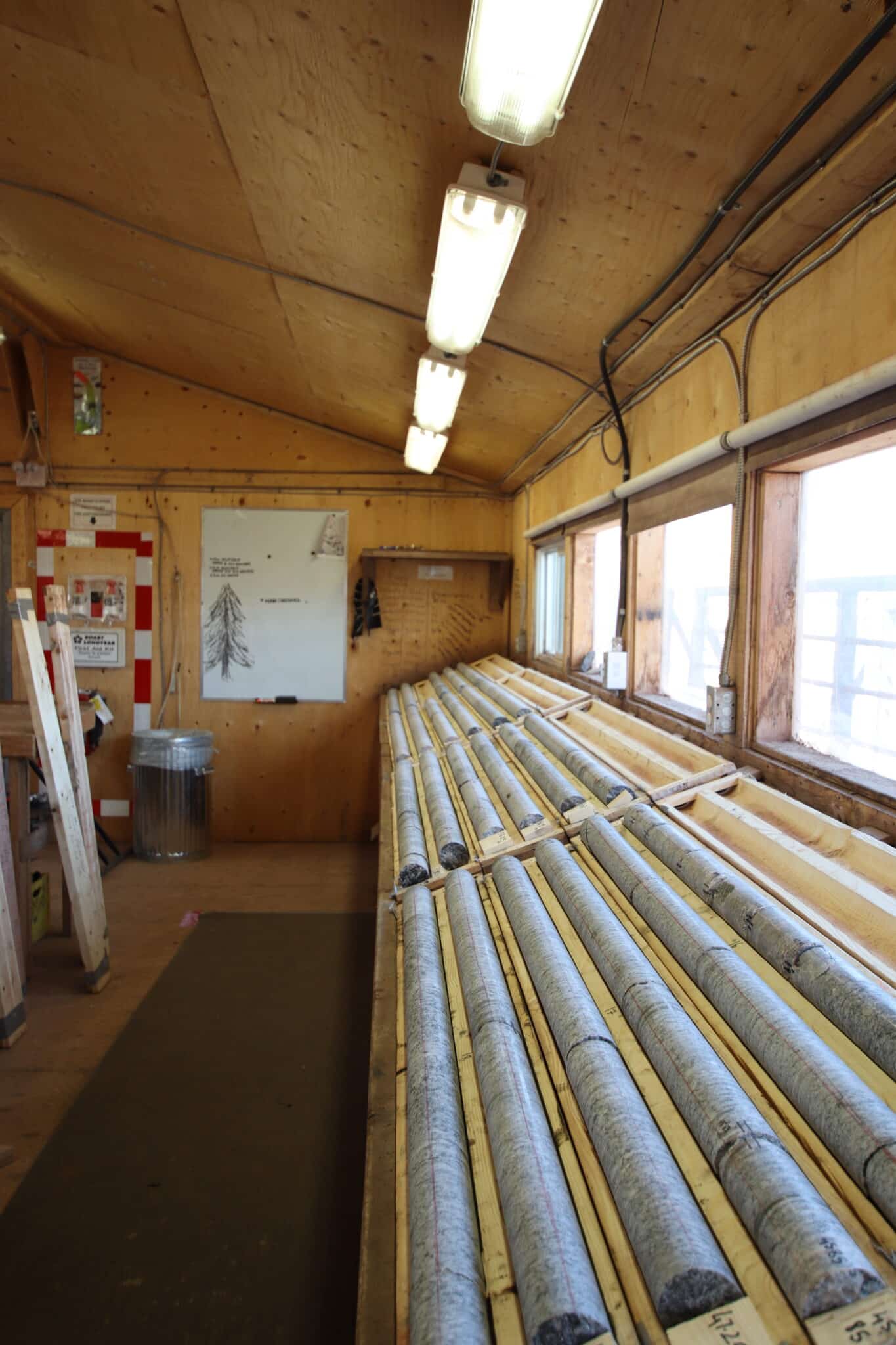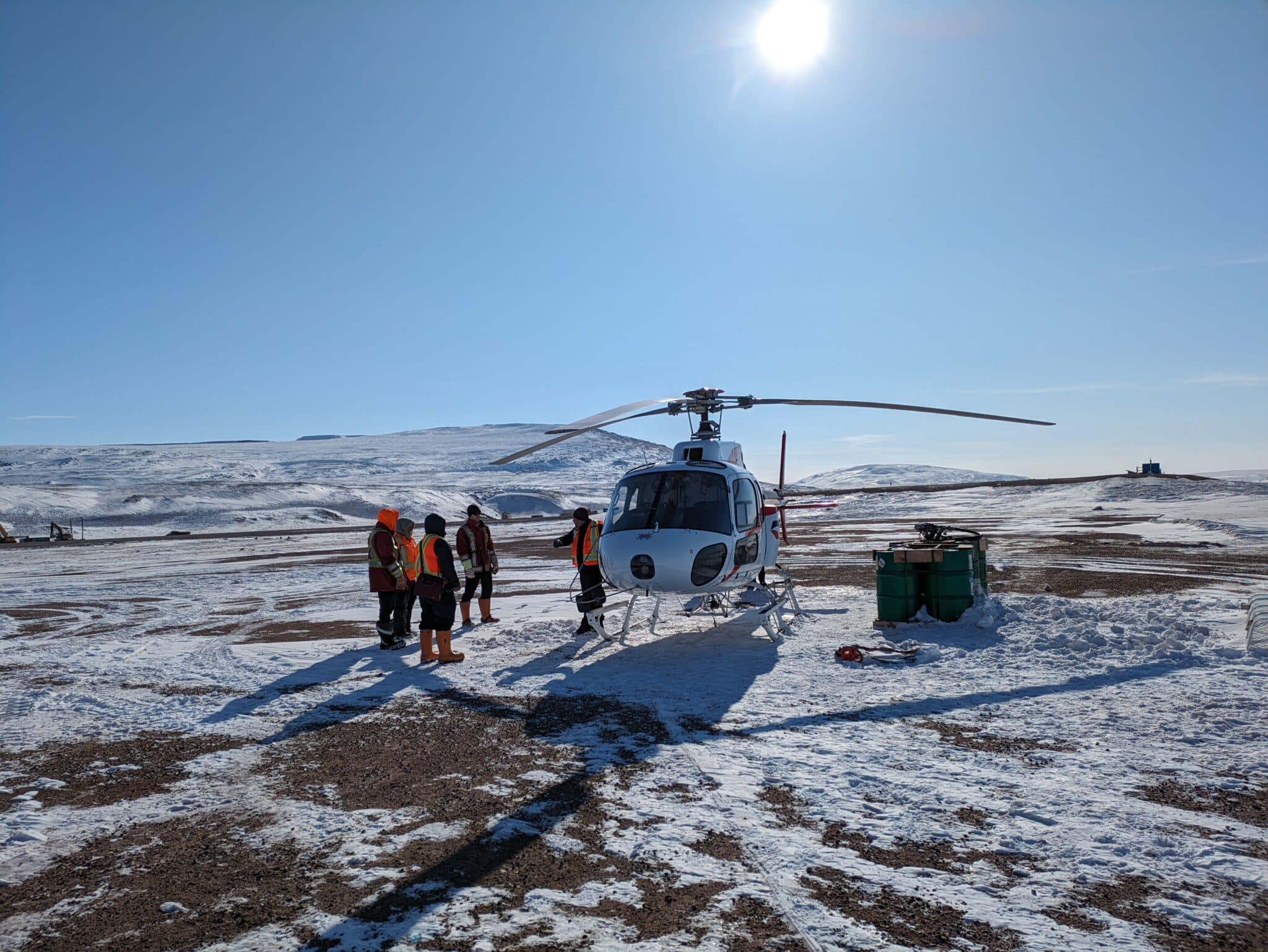HATCH, a global consulting engineering firm shares insights on their successful transition to OpenGround – Seequent’s cloud evolution of gINT.
To thrive in a digital world, organisations must invest in new technologies and processes to stay competitive, relevant and align with customer expectations. And, by investing in innovation can position themselves as agile industry leaders.
“In an ever-evolving business landscape, digital transformation has become a necessity rather than an option. As we increasingly rely on global, online and secure cloud-based tools to exchange information, we must also adjust how we collaborate across teams and manage tasks,” says Warren Hoyle, Global Lead for Geotechnical Operations at HATCH.
HATCH is a professional service company engineering across the mining, energy and infrastructure sectors. The company opted to use their Baffinland Iron Mines project as a pilot to transition its Geotechnical team to OpenGround’s secure, cloud-based geotechnical information management (GIM) platform.
Seequent’s cloud evolution of gINT, OpenGround is designed to streamline site investigation and make borehole log production seamless. With cloud-connected data management that enables connected digital workflows, throughout every stage of the ground investigation lifecycle.
”Our company-wide Digital Project Delivery initiative had already been underway for a few years so this was the perfect opportunity to make another significant step change towards embracing a fully digital workflow,
says Hoyle.
A tight turnaround and challenges in the field
The Baffinland Mary River Project in Canada’s Arctic Circle, on North Baffin Island, is one of the most remote mining operations in the world. The greenfield project requires infrastructure support for air, road, rail, and marine terminals with the Steensby rail alignment vital to transport a proposed six million tonnes of iron ore from mine to coast.
HATCH oversaw the Steensby 2023 activities, including geophysical surveys, geotechnical investigations, photogrammetry of rock faces and tunnel locations. The decision to implement OpenGround on their Baffinland project was made in late March 2023 with the investigation team scheduled to be in the field by mid-May.
“Alongside project challenges including helicopter-only access, permafrost conditions, and the need for wildlife monitors with guns to ensure people’s safety – another major concern was the extremely tight time frame to get our Geotechnical teams up to speed with OpenGround,” says Kiran Chandra, Sr. Geotechnical Engineer, and Project Manager at HATCH.
”With OpenGrounds extended platform capabilities, we could quickly see improved team practice, including enhanced subsurface modelling and with cloud connectivity across all applications bringing real value, such as efficient onsite data capture,
says Chandra.
The team collected their digital field data via OpenGround, including Data Collector, which integrates downstream with Seequent’s Leapfrog Works. Designed for civil engineering and environmental projects, dynamic 3D geological modelling enables geotechnical teams to understand the underground.
“The centralised data management platform also enabled better collaboration and business continuity including immediate engagement and approval from Senior management to keep our project moving at pace,” Chandra adds.

OpenGround’s cloud-connected data management enables connected digital workflows, throughout every stage of the ground investigation lifecycle. Image: HATCH
An attentive team to support implementation
A successful digital transition goes beyond just implementing new tools and systems; it also requires a strategic approach and attentive management.
To help achieve this, HATCH prioritised the Baffinfeild Pilot project as the primary focus for their internal development effort, with Krista Flachs, OpenGround Administrator at HATCH, guiding the launch and implementation.
“As we accelerated our transition to OpenGround’s more advanced digital workflows, our goal was to ensure a smooth transition that minimised any disruptions or negative impacts for our Geotechnical teams,” says Flachs.
All of the field crew, and the support team, were VERY new to this technology and needed to learn and adapt constantly under the pressure of an active project.
“Firstly, our administrators had to learn the back end of OpenGround to understand the data model. We then developed standard templates to ensure we had logs to show on project completion and created and updated data entry profiles for our users in the field,” says Flachs.
“We also captured specific details of environmental conditions, such as permafrost. This unfortunately led to a bug in the system, but we reported it to Seequent and they resolved the issue,” she says.
“On top of all that, we had to get our field crew trained up – fast! I made sure to pass all my learnings on to the team, such as how to use a tablet properly or troubleshoot under certain circumstances. Additional training for all was required and delivered ‘just in time,” says Flachs.
Overcoming the natural human resistance to change was another challenge. When people are used to report-centric paper-based workflows adopting brand-new technology, with fully connected digital deliverables, can be intimidating. And, they also wanted to ensure consistent internal support across the team’s 24-hour shifts.
“I’m Canada-based and teamed up with an Australian colleague as a support crew. Together, we answered questions, and resolved issues, to help ensure the successful implementation of OpenGround on our pilot project,” she adds.

OpenGround streamlines site investigation and makes borehole log production seamless. Image: HATCH
Charting a successful course into a digital future
Regarding future proofing, the team at HATCH is cognisant that software is constantly evolving and plans to be flexible.
Even though they are only a year into this significant digital step change the company regularly engages with vendors such as Bentley and Seequent to understand their development roadmap. And adapt their strategy to align with, and take advantage of, technology and workflow changes as they are delivered.
To prepare for future projects and safeguard historical investigation data the team is currently importing large amounts of gINT data into OpenGround, with Seequent recently developing improved tools for this import. Additionally, HATCH is training all field and internal teams globally to ensure they are ready for digital data collection on OpenGround applications.
“We have data administrators trained and have developed learning materials to support the tasks they undertake. We are optimising our workflows and ensuring the default applications we use for analysis tasks integrate with our new cloud-based data repository,” says the team.
HATCH shared their experience with OpenGround in our Ground to Cloud webinar series earlier this year.





